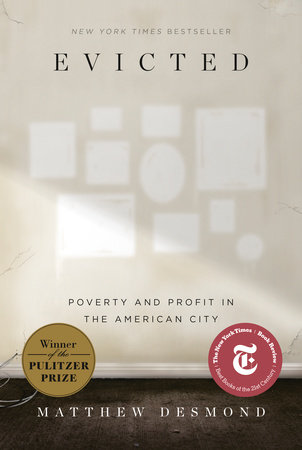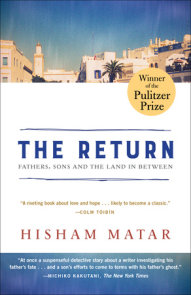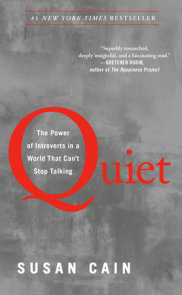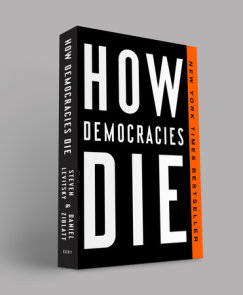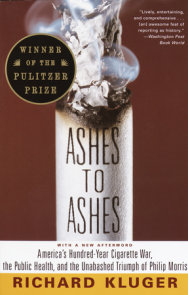READERS GUIDE
Book club discussion guide for New York Times bestselling book EVICTED by Matthew Desmond.Introduction
New York Times BestsellerFrom Harvard sociologist and MacArthur “Genius” Matthew Desmond, a landmark work of scholarship and reportage that will forever change the way we look at poverty in America
In this brilliant, heartbreaking book, Matthew Desmond takes us into the poorest neighborhoods of Milwaukee to tell the story of eight families on the edge. Arleen is a single mother trying to raise her two sons on the $20 a month she has left after paying for their rundown apartment. Scott is a gentle nurse consumed by a heroin addiction. Lamar, a man with no legs and a neighborhood full of boys to look after, tries to work his way out of debt. Vanetta participates in a botched stickup after her hours are cut. All are spending almost everything they have on rent, and all have fallen behind.
The fates of these families are in the hands of two landlords: Sherrena Tarver, a former schoolteacher turned inner-city entrepreneur, and Tobin Charney, who runs one of the worst trailer parks in Milwaukee. They loathe some of their tenants and are fond of others, but as Sherrena puts it, “Love don’t pay the bills.” She moves to evict Arleen and her boys a few days before Christmas.
Even in the most desolate areas of American cities, evictions used to be rare. But today, most poor renting families are spending more than half of their income on housing, and eviction has become ordinary, especially for single mothers. In vivid, intimate prose, Desmond provides a ground-level view of one of the most urgent issues facing America today. As we see families forced into shelters, squalid apartments, or more dangerous neighborhoods, we bear witness to the human cost of America’s vast inequality—and to people’s determination and intelligence in the face of hardship.
Based on years of embedded fieldwork and painstakingly gathered data, this masterful book transforms our understanding of extreme poverty and economic exploitation while providing fresh ideas for solving a devastating, uniquely American problem. Its unforgettable scenes of hope and loss remind us of the centrality of home, without which nothing else is possible.
SEE LESS
Questions and Topics for Discussion
1. Have you ever been evicted or do you know anyone who has? If the answer is yes, what was your/their experience like, and how has it affected your/their life?
2. What was your experience reading Evicted? Were you surprised by what you learned? Was any particular scene or character’s story emotionally painful for you to witness?
3. Many people have very codified perceptions of “people who get evicted” and suspect that those people are largely responsible—through bad decision making—for their circumstances. Did you feel this way before reading Evicted? Why or why not? Did your opinions change after reading the book? If so, how?
4. In Evicted, author Matthew Desmond takes a narrative approach to an important topic and follows the stories of several real people. Which person’s story were you most drawn to and why?
5. Sherrena Tarver claimed to have found her calling as an inner-city entrepreneur, stating, “The ’hood is good. There’s a lot of money there” (page 152). How did Sherrena profit from being a landlord in poor communities? Do you think her profits were justified? What responsibilities do landlords have when renting their property? What risks do they take? Do you sympathize with Sherrena or not?
6. On Larraine and her late boyfriend Glen’s anniversary, she spends her monthly allocation of food stamps on “two lobster tails, shrimp, king crab legs, salad, and lemon meringue pie” (page 218). Can you relate to her decision? How might you have judged her differently without knowing the backstory that Desmond provides?
7. Because they have children, Arleen, Vanetta, and Pam and Ned frequently find themselves shut out of available housing and resort to lies in order to secure a place to live. Are these lies justified? If you have children, how far would you go to shelter your family?
8. Although eviction is the central issue in Evicted, affordable housing interacts intimately with many other social issues. For example: Do parents who have trouble finding/providing safe housing for their children deserve to have their children taken away and put in foster care? Would affordable housing make it easier for addicts and recovering addicts (such as Scott) to enroll in programs that increase chances of rehabilitation? What other major issues can you think of that eviction affects, whether in this book or in the world in general?
9. How does race factor into the types of struggles faced by the individuals profiled in Evicted? What about being a woman? Or a single parent?
10. Did reading Evicted inspire you to want to help others in positions similar to those of the people in the book? If so, how do you think you might get involved? (Hint: Visit JustShelter.org to learn more about groups and organizations in your local area who are already fighting the good fight!)
11. Why do you think Crystal made the decision to let Arleen and her sons stay until they found another residence? How did tenants such as Crystal and Arleen rely on friends and extended kin networks to get by? Did this do anything to lift them out of poverty or distress? What limitations do these short-term relationships have? Why do you think agencies such as Aid to Families with Dependent Children seek to limit kin dependence?
12. Landlords repeatedly turned down Pam and Ned’s rental applications because they have children. Why? Do you think families with children should have any protection when seeking housing? Why do you think families with children were not considered a protected class when Congress passed the Fair Housing Act in 1968? Do you think it is fair for landlords to charge tenants with children monthly surcharges and children-damage deposits? Why or why not?
13. Why did Doreen choose not to call Sherrena when the house was in desperate need of repair? Do you agree that “The house failed the tenants, and the tenants failed the house” (page 256)? What effects does living in a home that is not decent or functional have on a person’s psychological and emotional health?
14. Do you think housing should be a right in America?
15. Many Americans still believe that the typical low-income family lives in public housing. Unfortunately, the opposite is true; only 1 in 4 families who qualify for any kind of housing assistance receive it. In Evicted, Desmond proposes a universal housing voucher program. What do you think of that idea?
16. The government spends much more money on homeowner tax benefits for affluent families than on housing assistance to poor families. Is this situation justified? How would you address this issue?







